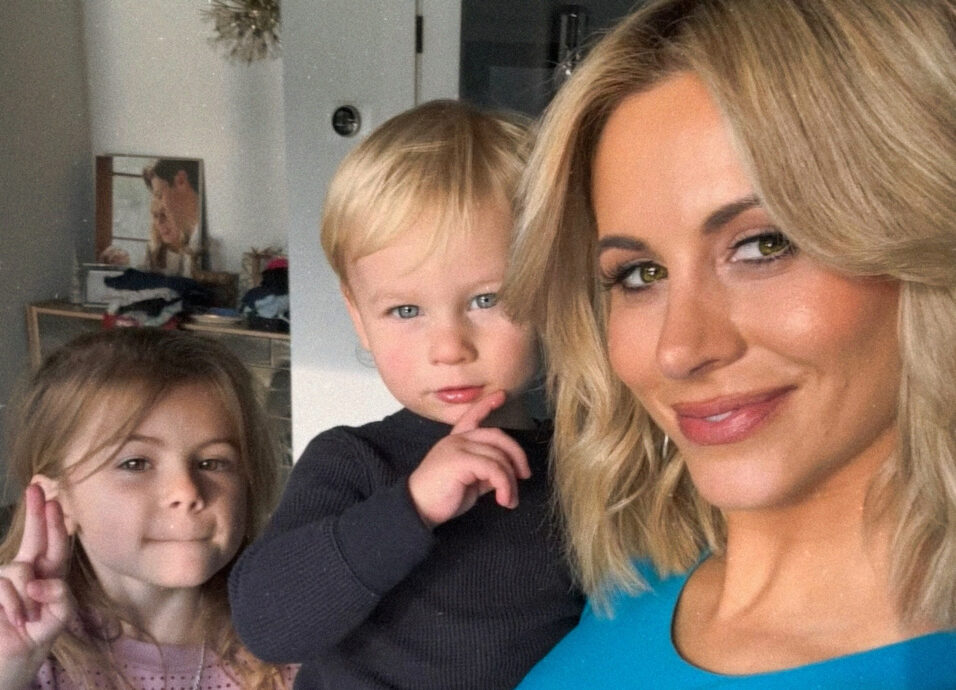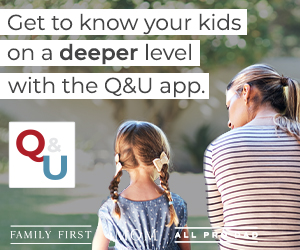Because of our lies, too many (children) are reaching adulthood emotionally unstable and socially naïve. Shame on us, not them. It’s now time for action—a new kind of action, one that’s not merely about inflating the self-esteem of iY kids, but equipping them to face an uncertain world. It’s about bolstering their confidence, but in a way that is based on reality. It’s time we stopped lying to these young people with our thoughtless words and led them in a thoughtful manner. Here are some of the most harmful lies we’ve told to Generation iY.
So if you want to prepare your kids for a successful life in the real world, start avoiding these 3 Lies that will Keep Your Child Stuck in Adolescence.
Lie #1: “You Can Be Anything You Want to Be.” This is one of the most popular lies today. Parents and teachers say it to children daily. It’s considered part of the American dream, and I certainly used to believe it. Now I consider that lie a particularly dangerous one.
We see signs of it on reality shows like American Idol when well-intentioned kids by the hundreds of thousands show up to audition before the judges for a spot on the show. Most of them have no business being there…and end up making fools of themselves on national TV. Why do they try out? All too often, it’s because some friend or adult has lied to them. Someone has said, “You have a great voice. You can be anything you want to be!” And they really, really want to be the next American Idol.
The trouble is, wanting something is not the same thing as being able to achieve it. Desire is not the same as talent, and talent is not the same as accomplishment. The truth is; I will never be an opera singer no matter how badly I want to be. My gifts simply don’t match that desire. Unless I can match my dreams with my actual strengths, I will be doomed to failure.
The reason that adults, especially parents, tell kids the lie of “you can do anything you want to” is that they want their kids to think big. They don’t want them to be ruled by fear. But telling them they can do anything is simply setting them up for later discouragement—because the truth is, they can’t do anything they want. None of us can. We all have strengths and weaknesses, true potential and true limitations.
Our greatest chance for fulfillment, for personal growth, for results and for impact on others will always come from working in a strength area. Working in a weak area will only foster the feeling and exhaustion and failure.
Lie #2: “It’s Your Choice.” We live in a culture full of options. Generation iY has grown up constantly choosing between breakfast cereals, TV shows, Facebook photos, fast-food combos, and YouTube downloads. All they have to do is point, click, and pluck it off the shelf.
I believe this vast array of choices—and the assumption that all are equally available—can be harmful. It can create a self-centered paradigm, a lie that I get to suit myself all the time…that it’s about me. A young person who grows up believing this is in for a rude awakening when he hits the real world and discovers it doesn’t revolve around him or offer him infinite choices.
The truth is, not everything is an option in the real world. Sometimes, there really is one right answer, only one good choice. Sometimes—quite often, in fact—someone else may decide what we will do, and we must go along with that decision. That is simply reality. It’s not necessarily a bad thing, because having too many choices can be unhealthy and overwhelming. I know of parents and teachers who offer a wide range of choices to children far too young to handle them. The adults were well-intentioned but not wise. In my opinion, young people need the number of choices they’re offered to increase slowly in proportion to responsibilities and maturity.
No doubt, learning to choose wisely is part of growing up, and it’s part of our job as adults to give young people practice in making good choices. But we must also help them learn the truth that not everything is open to discussion or debate. Sometimes there really is no choice, and kids will be better prepared for adult life if they understand this.
Lie #3: “You Are Special.” This is a message that most members of Generation iY have heard since they were very small. (It’s part of the Groupie Parenting Style.) Parents and others say it because they want the kids to know they are loved and cherished and unique. It’s true that each human being is a one-of-a-kind blend of talents and abilities, but it’s easy for kids who are bombarded from birth with, “You’re special” to get the message that they are truly outstanding and extraordinary—more talented and accomplished than their peers. That simply cannot be true of everyone—and kids will eventually figure this out.
What happens then? Certain temperaments can spiral down into depression when they realize they’re not really that special. Overachievers and perfectionists may buckle under the pressure the word special implies. Some will simply begin to question the judgment of adults who insist on calling them “special.” One student told me, “My mom is like the Easter Bunny or Santa Claus. She always does nice things for me, but I don’t take her seriously.”
David is seeing a counselor at age twenty-seven. He told me why. He has this love-hate relationship with his parents. He’s grateful they cared enough to try to encourage him, but he also resents them for painting him a picture of life that just isn’t real. David struggles with feeling paralyzed, unable to try much of anything for fear of revealing that he really isn’t special after all. Mom and Dad meant well, but they borrowed their parenting style from Barney the Dinosaur. David would have been better served by parents who pointed out his strengths and affirmed them but also prepared him for a real world where not everyone will think he’s special.
Related Resource: Unhealthy Parenting Mindset
Our thanks to Dr. Elmore for allowing us to feature such a large portion of his book. You can see the rest of the seven other parenting lies in the book, Generation iY: Our Last Chance to Save Their Future by Dr. Tim Elmore.






